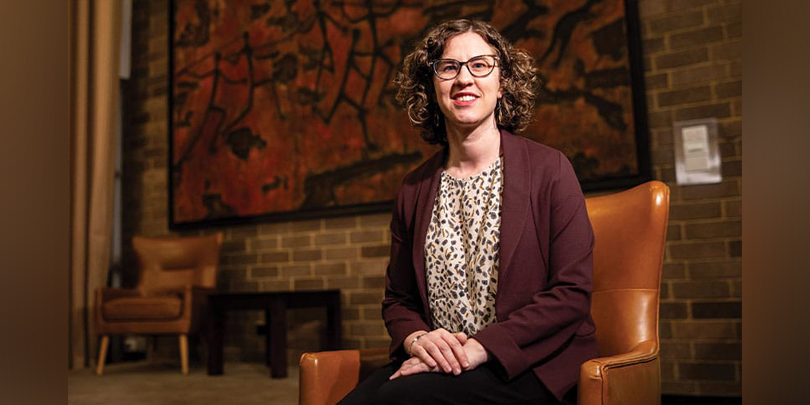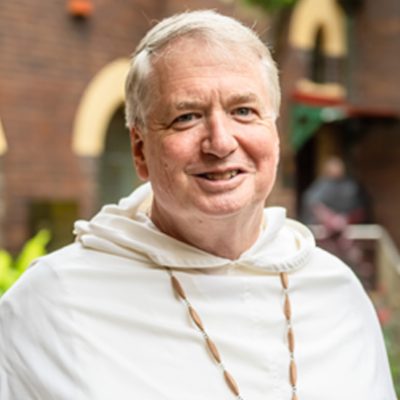
Canadian euthanasia opponent Amanda Achtman is a most cheerful person with whom to speak about death and dying. Source: The Catholic Weekly.
As her country seeks to further expand its euthanasia and assisted suicide regime, now firmly embedded in the healthcare system, she continues to fight back by expanding what she says is her “hobby” of spending time listening to and sharing life stories of older and otherwise vulnerable people and passing on their wisdom.
Ms Achtman visited Sydney last week and addressed medical professionals, students and others at Warrane College UNSW and the University of Sydney – events co-hosted by the Plunkett Centre for Ethics and organised by University Catholics respectively – about the experience of so-called “assisted dying” in Canada and her efforts at cultural renewal around suffering, disability, and death through her Dying to Meet You short films project.
She argues that once euthanasia becomes legal, as it is now across Canada and every Australian state and the ACT, it cannot remain limited but is always expanded on the grounds of equality, and that ultimately it represents not a declaration of human freedom but one of a failure to extend proper care to people when they need it.
In Canada, she says, a person suffering severe depression may wait up to 18 months for an appointment with a psychiatrist but may be euthanised on the same day of submitting a request, if death is reasonably foreseeable, otherwise within 90 days.
“And it’s free because it’s public health care, but everything else costs money,” she adds.
One of the reasons for Ms Achtman’s hope is she sees the issue of euthanasia as a “tremendous field for evangelisation”.
“The Church is an expert in humanity, as Pope Paul VI said, and so we are able to rise to this occasion, whether in Australia or in Canada,” she said.
“When else do you have people within the society attending to questions of suffering, death, meaning, and hope? And many people, whether they have faith or not, because these are the deeply human questions, are prepared to discuss and confront them at some level.
FULL STORY
Renewal amid ‘dying’ discourse (By Marilyn Rodrigues, The Catholic Weekly)






